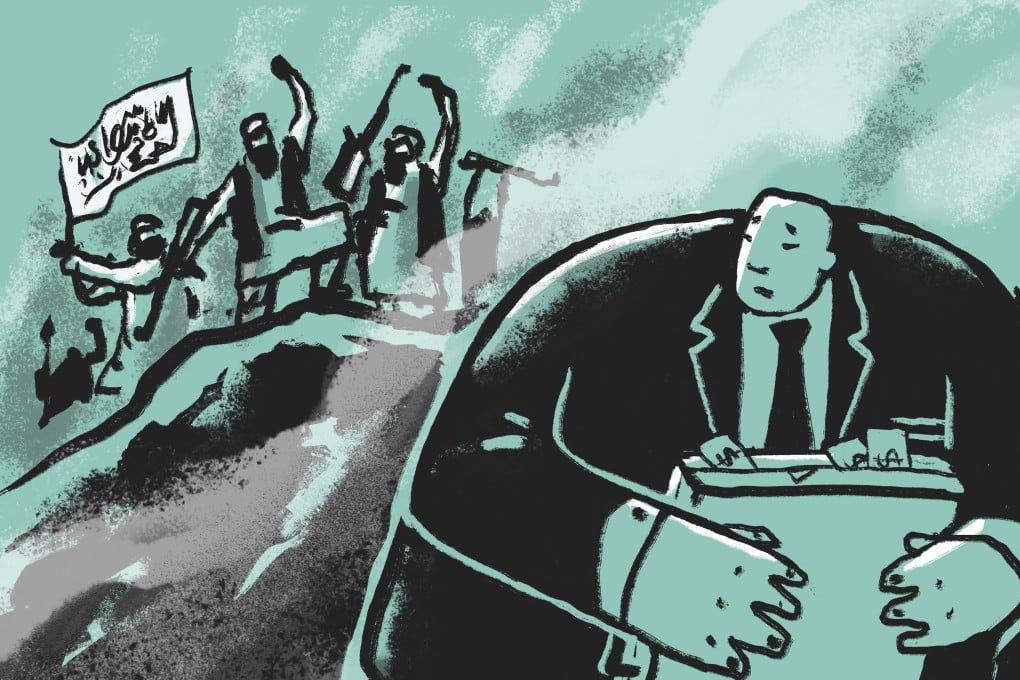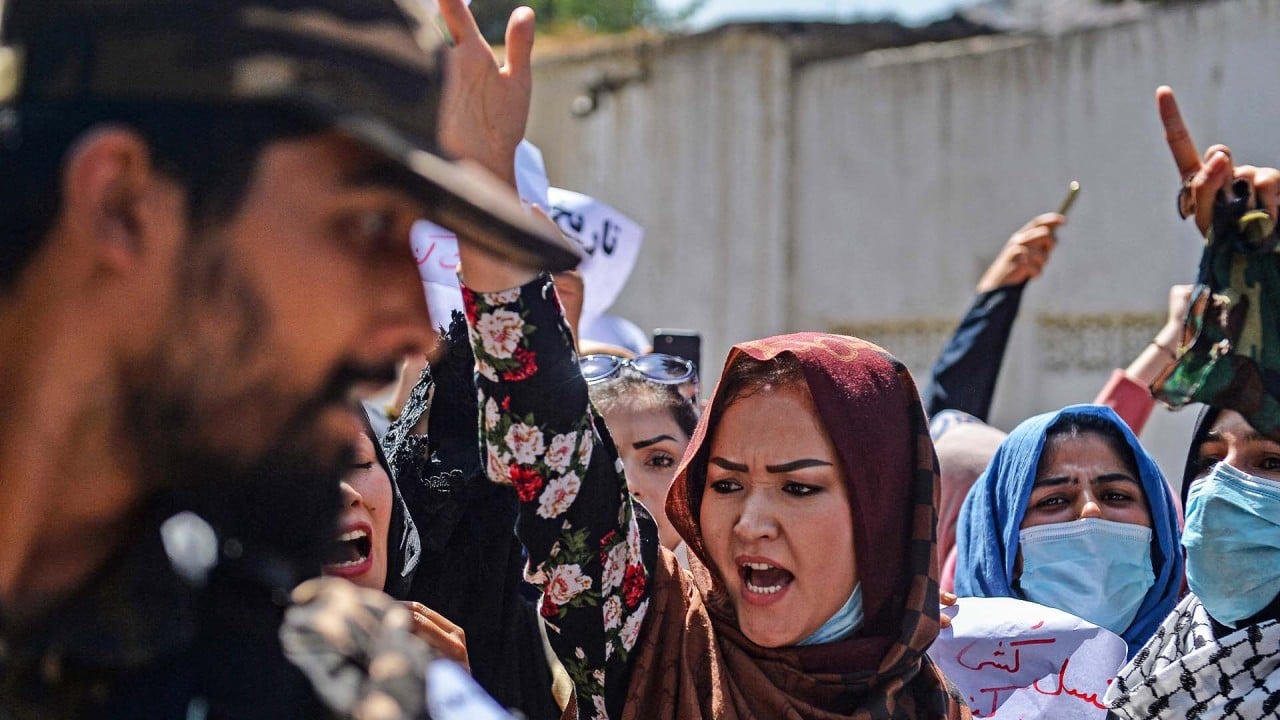Two decades after 9/11, China is more concerned than ever about Afghanistan
- The Taliban’s victory could give rise to bolder attacks by other extremist groups, threatening China’s economic interests
- There is also a fear that counterterrorism efforts in Xinjiang could be endangered by a resurgence in extremism

The deadly terrorist attacks against the United States on September 11, 2001, prompted an outcry from around the world: “We are all Americans.” Washington’s policies realigned around fighting terrorism and bilateral relationships strengthened or crumbled depending on where other governments stood. In the seventh in a series about the legacy of September 11, Rachel Zhang looks at why, 20 years after 9/11, Beijing is more worried than before about the situation in Afghanistan.
“Currently most Chinese private traders in Pakistan have gone back, not only because of pandemic concerns but also the unrest in Afghanistan, that may already have worsened the security situation here,” said one businessman, surnamed Peng, who is based in Lahore, the capital of Punjab province.

02:34
Taliban fires weapons in air to disperse crowds at anti-Pakistan protest in Kabul
Peng, 30, has been working with his older brother for the past five years exporting minerals to China from Afghanistan, via the Pakistani port city of Karachi.
His 33-year-old brother returned home earlier this year for personal reasons, but plans to return to Pakistan later this month.
“The security situation in Pakistan has long been a concern, and was getting worse before the fall of Kabul. Terrorist groups have already penetrated into Pakistan,” the elder Peng said. But he added that he and his brother had decided to stay in the country because there was still business potential, as long as the security situation did not get out of control.
Although it is business as usual for now, his brother said he and the other Chinese traders still in Pakistan were trying to reduce “unnecessary travel” as their security worries mount.
